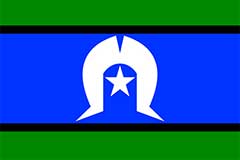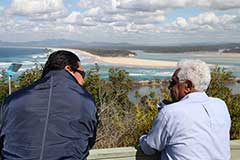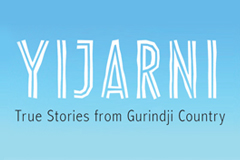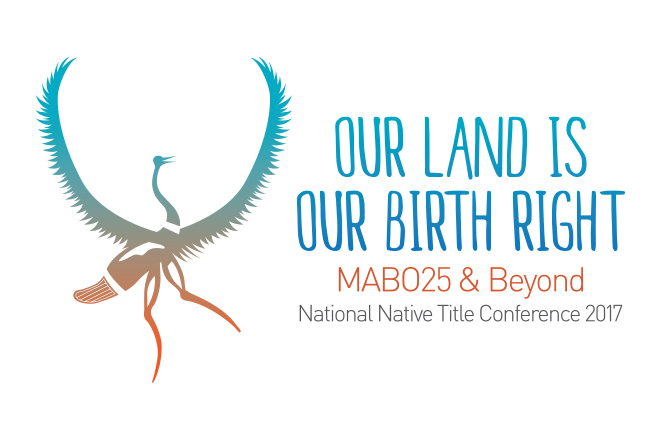
The Treaty movement aims to secure recognition of all the rights which have been denied to Indigenous Australians over time. There have been innumerable actions taken by Indigenous peoples and communities to secure their rights within the Australian constitutional and legal system.
Yirrkala Bark Petition 1963
The Yirrkala Bark Petition to the Commonwealth Parliament is an important example of actions taken by Indigenous peoples and communities to secure their rights within the Australian constitutional and legal system.
Presented to federal parliament by Yolngu people from Yirrkala in 1963. It followed an announcement by the Prime Minister, RG Menzies, in February that year that the government would grant leases for a 50 million pounds ($100m) bauxite mining project on land to be excised from the Arnhem Land reserve. Subsequent preliminary mining activity in the area aroused great concern. In mid-July 1963 two senior members of the Labor opposition, Kim Beazley (Sr) and Gordon Bryant, stayed at Yirrkala. They spent several days with Superintendent Rev Edgar Wells meeting the local people. At Beasley's suggestion a petition was sent to the House of Representatives. It protested about secrecy, the government's failure to consult and the likely effects of the mining on the people's livelihood, and concluded by requesting a parliamentary inquiry. The petition was presented in both Yolngu and English and was signed by 17 leaders. It was typed on paper and glued to a sheet of stringy-bark on which a border of traditional symbolic motifs had been painted. Despite an attempt by the then Minister for Territories, PMC Hasluck, to have the petition rejected, the house set up a seven-member bipartisan select committee to investigate the grievances. The committee's report in October recommended payment of compensation, protection of sacred sites, creation of a permanent parliamentary standing committee to scrutinise developments at Yirrkala, and also acknowledged the people's moral right to their lands.
The petition provoked conflict within the Methodist Overseas Mission (responsible for Yirrkala). This became public in November 1963 when the mission transferred Wells away from Yirrkala because of his role in the dispute. His evidence to the parliamentary select committee had strongly supported the Aborigines, whereas the mission's secretary in Sydney had supported the government's decision to grant the mining leases. The petition, which remains on display in Parliament House in Canberra, was a significant step by the Yirrkala groups in their claim for land rights. Preparing it helped them gain the confidence to mount their historic 1970 action before the NT Supreme Court against the Nabalco mining company and the Commonwealth.
- Text by Dr Ian Howie-Willis from the Encyclopedia of Aboriginal Australia.




